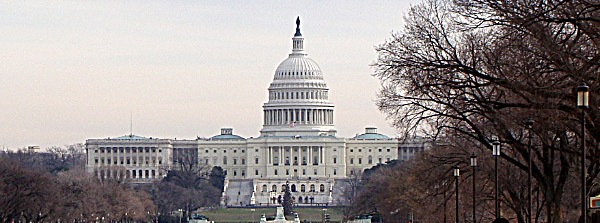- By Office of Congressman Tom Reed
- Business
 Print
Print 
Washington, DC -- US Reps. Tom Reed (NY-23) and Terri Sewell (AL-07) introduced the New Markets Stabilization Act today, bipartisan legislation that will preserve access to the New Markets Tax Credit (NMTC) for underserved communities and ensure the credit continues to spur economic revitalization as the COVID-19 pandemic and economic crisis continues.
“COVID-19 has impacted every corner of our economy, especially traditionally underserved communities and the financial organizations that support them. Given the critical role New Market Tax Credits can play in driving economic recovery and reducing poverty, it is only fair that we move to stabilize the program and provide investors with the additional flexibility they need to further incentivize emergency relief initiatives,” said Reed.
“Historically underserved communities have faced tremendous economic hardship this year because of the coronavirus pandemic. As the economic crisis continues, it’s critical that we expand the New Markets Tax Credits to help ensure our rural and underserved communities are not left behind,” Sewell said. “The New Markets Stabilization Act expands the credit and improves market efficiency and liquidity, which will facilitate additional investments in local businesses and community development projects. Rural and persistent poverty areas have been hit especially hard by the COVID-19 pandemic and, now more than ever, it’s critical that we incentivize investment in our communities that are struggling to hang on. The NMTC has a proven track record of creating jobs and opportunities in the 7th Congressional District, and I’m proud to introduce this bipartisan bill to help ensure the credit can be utilized in our communities’ economic recovery.”
To be eligible for NMTC financing, businesses being financed must, at a minimum, be located in designated low-income communities, defined by U.S. Census data as census tracts with a poverty rate of at least 20 percent, or with median family incomes that do not exceed 80 percent of area median income.
Specifically, the New Markets Stabilization Act will:
Increase the NMTC allocation by $3.5 billion over four years;
Allow investors to carryback these credits for five years;
Exempt the NMTC from the 75 percent General Business Credit limitation;
Provide relief from certain debt modification rules for NMTC issuers and borrowers; and
Permanently exempt the credit from the alternative minimum tax.
Sewell and Reed have also introduced legislation to make the NMTC permanent. Without congressional action, the NMTC will expire on December 31, 2020.
v16i48



